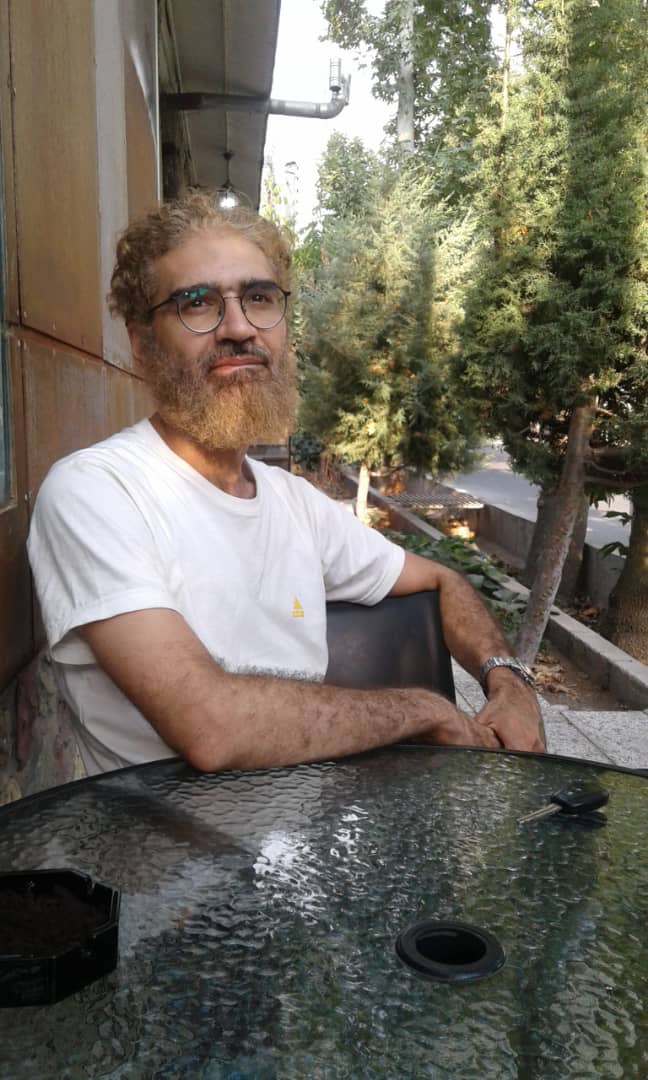This I do sec: that the privilege or primacy which I ascribe to my mental equipment, and to what belongs to it, is conceived or imagined by analogy with the fundamental and unthinkable privilege which distinguishes my body in so far as it is mine. In this privilege my ideas, in so far as they are mine, have an indirect share.
Would it make sense to say that having and being are, as it were, essential concentrations of space and time? I am not sure.
April 7th
Being and Having 1949 - Gabriel Marcel
Chapter I [A Metaphysical Diary] - Page 86
A translation by: Katharine Farrer
of Eire et Avoir
One of the most important points, for Gabriel Marcel - as an existentialist - is "being and having".
According to him, " when we hope, we do not have hope. We are hope. Similarly, we do not have a belief. We are belief."[1]
" My body insofar as it is my body, is both something that I have and something that I am, and can not be adequately accounted for using either of those descriptions alone."[2]
So consequently, an individual never can be completely connected to h/imself in one direction.
[1], [2] With reference to: Stanford Encyclopaedia of Philosophy
- Relevant:
*h/imself = herself/himself
*h/is = her/his
*s/he = she/he


